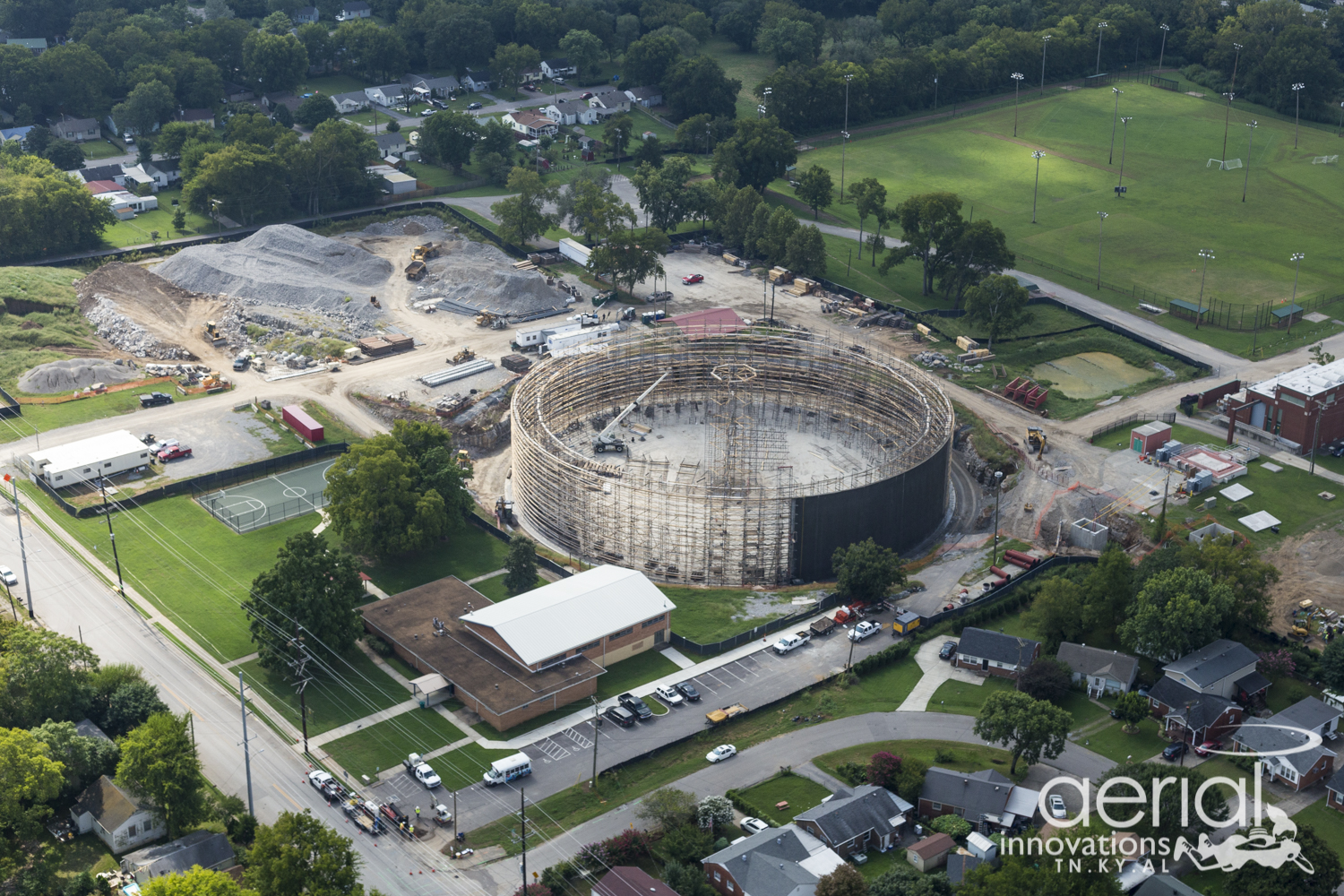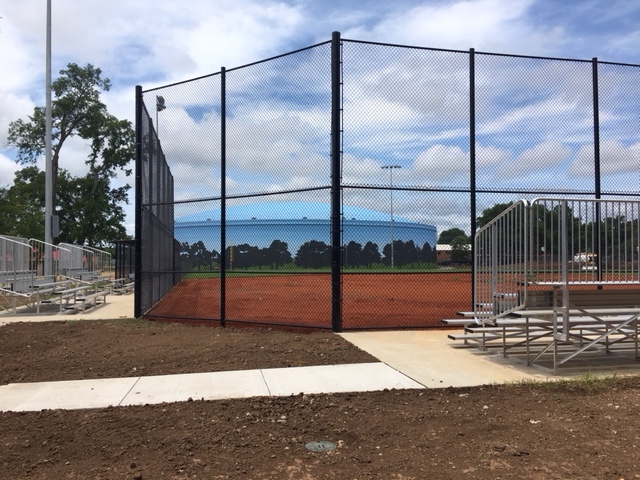West Park Triple Bottom Line Analysis
How can a tank full of stormwater improve property values? Build a park around it!
Overview
The Clean Water Nashville Overflow Abatement Program is an initiative led by Metro Water Services in partnership with the Environmental Protection Agency and the Tennessee Department of Environment and Conservation. This initiative is meant to set the path forward to meet the Clean Water Act requirements and ensure the environmental health of the Cumberland River and its tributaries. West Park’s equalization basin was built to increase the overflow capacity of the system as one of the many capital investments under the initiative. Part of the upgrade included revitalizing the community park that surrounds the facility.
Wilmot’s Role
Wilmot evaluated the investment by accounting for impacts in a triple bottom line framework. In a benefit-cost analysis, Wilmot analyzed the following impacts on the community:
Water quality
Air pollutants and greenhouse gas emissions
Recreational opportunities
Ecosystem services
Change in property values
Small business revenue
Operations and maintenance cost savings
Wilmot also performed an economic impact analysis of the capital spending on the project represented by its contribution to the gross regional product, jobs supported and tax collection.
Results
$21.3M in economic, social and environmental benefits
$225,000 in water quality improvements to the community
$16.9M in added wealth to the local economy
$47,000 in increased value of wetland services to a restored forest area
QUICK FACTS:
Client:
Metro Water Services
Location:
Nashville, TN
Markets:
Municipal
Water/wastewater
Services:
Triple bottom line cost benefit analysis
Economic impact analysis
Geospatial analysis



